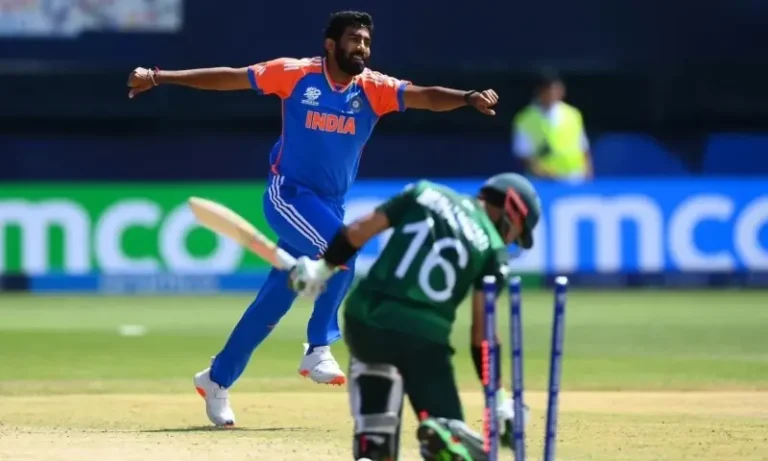After months of uncertainty, the Asian Cricket Council finally confirmed the men’s T20 Asia Cup schedule at the end of July. The delay followed heightened political tensions between Pakistan and India earlier in the year, casting doubt on whether the tournament would even take place. It was only after India’s Ministry of Youth Affairs and Sports approved participation in events involving Pakistan that the stage was officially set.
Also Check: Mohammad Nawaz’s Hat-Trick Fires Pakistan to T20 Tri-Series Title in Sharjah
The 19-match tournament begins on Tuesday with Afghanistan facing Hong Kong in Abu Dhabi, while hosts India will play the UAE on Wednesday in Dubai. Pakistan open their campaign against Oman on Friday, also in Dubai, which will host the final on 28 September. Despite India being the official hosts, the entire event has been shifted to the UAE due to the agreement between India and Pakistan to stage matches on neutral venues amid ongoing political tensions.
This is not the first time the Asia Cup has been moved to the UAE. In 2018, India had to host the 50-over Asia Cup there, and in 2022, Sri Lanka’s crisis forced a similar relocation. With large Asian communities in the UAE ensuring strong support for every side, the venue has become a practical solution for the tournament’s continuity.
The format follows the ICC-aligned calendar, alternating between T20 and ODI editions depending on the upcoming World Cup. With the T20 World Cup scheduled for early next year, this Asia Cup provides a vital testing ground for teams. Eight sides will feature for the first time, divided into two groups of four. Group A includes India, Pakistan, Oman, and the UAE, while Group B features Afghanistan, Bangladesh, Sri Lanka, and Hong Kong. The top two from each group will advance to the Super Four, with the best two meeting in the final.
The spotlight, as always, remains on the India-Pakistan rivalry. The two sides will clash in the group stage on 14 September, with a likely rematch in the Super Four on 21 September, a Sunday, and the potential for a third meeting if both reach the final. Although they have never contested an Asia Cup final, broadcasters and organizers ensure at least one fixture between them, given its unmatched commercial pull.
Historically, India dominates the men’s T20 Asia Cup, having won eight of their 10 matches and lifting the 2016 title. Sri Lanka, the defending champions, stunned Pakistan in the 2022 final, while Pakistan’s record remains mixed with five wins in 10 games. Afghanistan continue to emerge as a dangerous side with four victories from eight matches, while Bangladesh and the UAE have three each. Oman have one win, and Hong Kong are still searching for their first.
Preparation levels vary among teams. Pakistan, Afghanistan, and the UAE played a preparatory tri-series in Sharjah, while India’s squad comes off a dominant home T20 series against England earlier this year. Bangladesh warmed up with a series win over the Netherlands, and Sri Lanka toured Zimbabwe. Oman and Hong Kong enter with less international exposure but bring fresh energy, including new coaching and leadership setups.
With political drama now set aside, the cricket takes centre stage. For India and Pakistan, the Asia Cup remains both a battlefield of prestige and a dress rehearsal for the World Cup. For the smaller teams, it is an invaluable chance to test themselves against the continent’s best. With packed stadiums expected in Dubai and Abu Dhabi, the Asia Cup once again proves to be more than just a tournament—it is Asia’s most emotional cricketing contest.


